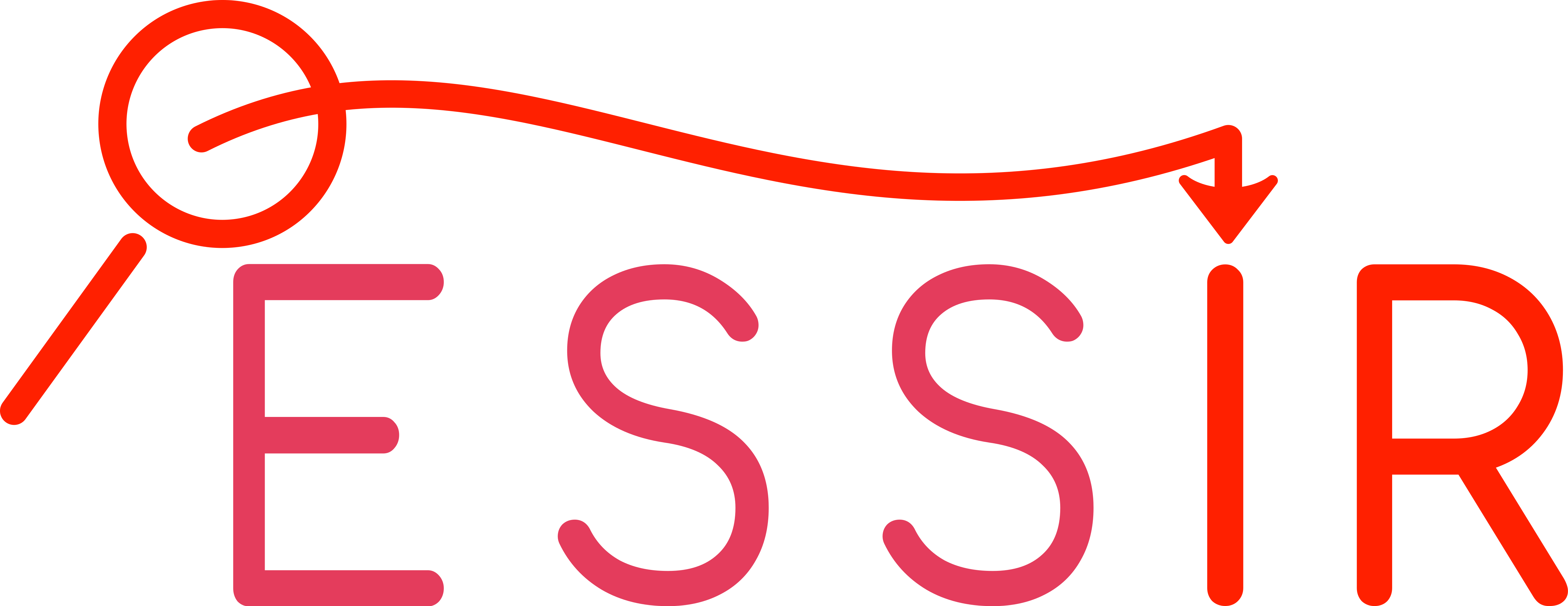Symposium on Future Directions in Information Access (FDIA)
Call for Papers
We cordially invite Master and PhD students as well as early-stage researchers to submit a paper on their research topic to the symposium. We invite submissions on formative access ideas which present a summary of early-stage researchers’ work, such as initial empirical findings/pilot studies; explore conceptual and/or theoretical models; and/or describe current challenges and opportunities. In particular, submissions focusing on new directions and emerging work in information access and retrieval that potentially create discussion and provoke reaction were strongly encouraged. The submissions will be peer-reviewed by the FDIA Programme Committee members. Accepted submissions will be presented at the symposium, either as a talk or a poster. We plan to publish accepted submissions at CEUR-WS.org or with TU Vienna Press depending on the number of accepted papers. Areas of research include, but are not limited to:
- Information Retrieval Theory
- Human-Computer Interaction and Information Retrieval
- Interactive IR
- Ethics and Bias in Information Retrieval and Search & Recommendation
- Collaborative Information Seeking and Searching
- Learning to Rank
- Neural IR and Dense Retrieval
- Large Language Models and IR
- Multimedia and Multimodal IR
- Recommender Systems
- Databases + IR
- Semantic Search
- Social Search
- Web IR
- Clustering and Categorization
- Enterprise Search
- Conversational Agents, knowledge graphs
- IR Applications (e.g. Digital Humanities, News IR, IR and Bibliometrics)
Tentative Agenda
All talks are 10-12 minutes with 8-10 minutes of discussion. The linked papers are unpublished preprints.| 09:00 - 09:10 | Ingo Frommholz, Haiming Liu and Yashar Moshfeghi | Welcome and Introduction to FDIA |
| 09:10 - 09:30 | Marianne Wilson, Peter Cruickshank, Dimitra Gkatzia and Peter Robertson | Responsible Design & Evaluation of a Conversational Agent for a National Careers Service |
| 09:30 - 09:50 | Samy Ateia | Bridging the Gap: Externalizing Knowledge for Generative Search in Domain-Specific Contexts |
| 09:50 - 10:10 | Alice Li and Luanne Sinnamon | Examining query sentiment bias effects on search results in large language models |
| 10:10 - 10:30 | Kwabena Odame Akomeah | Hate Speech Detection beyond plain Natural Language Processing |
| 10:30 - 11:00 | Coffee Break | |
| 11:00 - 11:20 | Gregor Donabauer | Combining Network Structures and Natural Language Processing for Classification Tasks |
| 11:20 - 11:40 | Kanishka Silva | Enhancing Information Retrieval in the Literary Domain through Authorship Attribution |
| 11:40 - 12:30 | Students+Tutors | Afternoon session theme discussion and sharing experience of PhD journey and feedback and closing. |
| 12:30 - 13:30 | Lunch Break |
Registration
The registration for the FDIA is included in the ESSIR registration. Please register for ESSIR here.
Program Chairs
- Ingo Frommholz, University of Wolverhampton, UK
- Haiming Liu, University of Southampton, UK
- Yashar Moshfeghi, University of Strathclyde, UK
Contact
Previous Editions
The previous symposiums were held in Lisbon, Portugal 2022 (with ESSIR 2022); Milan, Italy in 2019 (with ESSIR 2019); Tianjin, China in 2018 (with ICTIR 2018); Barcelona, Spain in 2017 (with ESSIR 2017); Thessaloniki, Greece in 2015 (with ESSIR 2015); Granada, Spain in 2013 (with ESSIR 2013); Koblenz, Germany in 2011 (with ESSIR 2011), Padova, Italy in 2009 (with ESSIR 2009); London, England in 2008, and Glasgow, Scotland in 2007 (with ESSIR 2007). They have provided an entertaining and exciting forum for early stage researchers for sharing new research ideas.
